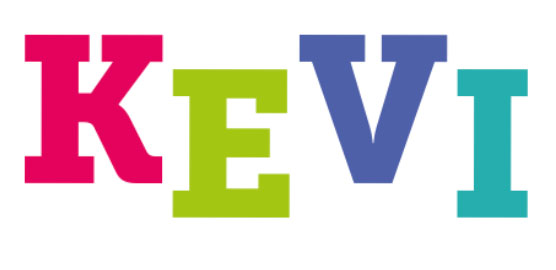Study
This course is ideal for anyone who enjoys performing instrumental or vocal music and who wants to develop their practical skills. All styles of music are accepted from classical to jazz and folk to rock. It is strongly recommended that students study Music Theory up to Grade 5 before starting this course by completing the appropriate Music Theory In Practice booklets.
Assessment
Component 1: Performing 30% This unit gives opportunities for students to perform as soloists or as part of an ensemble. Students can choose music in any style but to gain the highest grades they must be a minimum of Grade 7 in standard by the end of the two year course. Any instrument or voice is acceptable in producing a recital of pieces which must last a minimum of eight minutes. Performances must be recorded after 1 March in the year of certification and sent to be externally marked by 15 May. These performances can be fully notated or improvised performances. Students must continue taking regular instrumental or vocal lessons to support their preparation for this exam.
Component 2: Composing 30% This unit develops students’ creative skills with access to our specialist iMac suite and extensive practice rooms. Students must produce two compositions which must have a minimum combined time of six minutes. The first composition can either be a free composition or to a brief set by the exam board released on 1 September of their Year 13 year. The second composition must be chosen from a list of briefs which will be assessing compositional techniques released on 1 April of their Year 13 year. As with Component 1, these compositions must be submitted to the exam board by 15 May.
Component 3: Appraising 40% In this unit students will sit a two hour written exam by listening to recordings of set works and answering questions on a diverse range of styles which includes music by Bach (Ein Feste Burg), Danny Elfman (Batman Returns), Courtney Pine (Back in the Day), Debussy (‘Pagodes’) and Saariacho (Petals for Cello and Live Electronics). Students will study two set works in the areas of Vocal Music, Instrumental Music, Music for Film, Popular Music and Jazz, Fusions and New Directions. They will also be expected to draw links between these pieces and unfamiliar music, and also complete a short melody and rhythm exercise.
What Next?
Music gives a great creative balance to Sixth Form study and this subject works well with Psychology, History, English Literature, English Language, Business Studies, Media Studies and Drama. However many of our A Level Music students go on Higher Education to study Medicine, Nursing, Teaching, Dentistry and Media. Specific careers that lead on from Music A Level include work as a Professional Performer, as a Composer, as a Recording Engineer, as a Music Producer and as a Musician employed as a Music Therapist or Teacher.
Music Technology Subject Leader: Dr J Tate
Syllabus: Edexcel
Course Specification: 9MU0
Qualification: A Level

